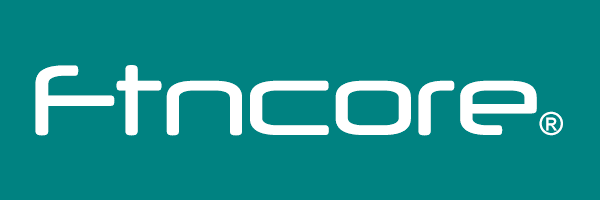A patent license is already filed for NavaMASK, the fully ‘biodegradable’ and ‘biocompatible’ novel anti-viral adaptive face mask developed by Khalifa University researchers, with nanofibers, and has strong anti-microbial properties.
Clarence Michael
English Editor Specialist
12 October 2020
Khalifa University of Science and Technology today announced a team of researchers has successfully developed the first working prototypes of NavaMASK, a fully ‘biodegradable’, ‘biocompatible’, environment-friendly and novel anti-viral adaptive face mask with nanofibers that will have strong anti-microbial properties. The researchers have already filed for a patent license for the mask’s bio-material.
NavaMASK will offer excellent breathability with strong anti-microbial properties and can be washed and reused several times prior to eventual disposal. In addition, the mask is a great candidate for safe disposal to the environment because of its biodegradability and biocompatibility.
The project was the fruit of a collaboration between Khalifa University and University of Salerno, Italy.
Dr. Arif Sultan Al Hammadi, Executive Vice-President, Khalifa University of Science and Technology, said: “The innovation of biodegradable NavaMask reflects not only Khalifa University’s continuous commitment to finding solutions that directly contribute to serving the society, but also the result of the University’s funding of 14 research projects directly related to mitigating the pandemic. This innovation reaffirms our research efforts to develop areas that focus on issues related to the community in general, especially those that help find a solution to COVID-19. Research initiatives at Khalifa University are directed by prominent faculty experts, with the help of state-of-the-art labs and advanced on-campus facilities.”
Prof. Vincenzo Loia, Rector, University of Salerno, Italy, said: “The University of Salerno has a consolidated experience in interdisciplinary research at an international level. The quality of our international research and its ability to serve the real needs of the society, yearly reconfirm the accreditation of the University of Salerno in prestigious academic rankings. NavaMask is an additional effective example of a research idea that was born in a laboratory capable to support accurately and promptly the big challenge associate to the complex period we are experiencing, combining innovation and environmental sustainability.”
Dr. Vincenzo Naddeo, Director, Sanitary Environmental Engineering Division (SEED), University of Salerno, Italy, said: “From early stages of the COVID19 outbreak, the Sanitary Environmental Engineering Division (SEED) of the University of Salerno has promptly reconverted the laboratory activities to support national industries in the testing of respiratory devices according to international standards. Since March 2020, the SEED becomes one of the first official hub for face mask testing in Italy and in Europe. NavaMASK is an innovative and sustainable solution in response to the strong demand for protective face masks from society and governments. Our experience in the field has contributed to the optimization of a novel biodegradable filtration material which will be useful for the design of the next generation of face masks. Additionally, in this project we have developed a novel international protocol for rapid and cost-effective testing of face masks.”
The project at Khalifa University of Science and Technology is led by Dr. Shadi W. Hasan, Associate Professor and Theme Lead, Center for Membranes and Advanced Water Technology (CMAT), Dr. Faisal Al Marzooqi, Assistant Professor, Prof. Fawzi Banat, Professor and Chair of the Chemical Engineering Department, and Dr. Musthafa Mavukkandy, Post-Doctoral Researcher, Chemical Engineering.
Dr. Shadi W. Hasan said that the team envisioned the NavaMASK on the belief that there was a crucial need for an environmentally-friendly alternative to the currently available face masks, while maintaining the highest safety and breathability standards for humans. The complete biodegradable filtration materials were carefully selected to provide effective protection, avoid skin irritation, and most importantly be safe to our environment. The face mask will have perpendicularly arranged nanofibers with a diameter ranging between 100 and 600 nm to pass air through but reject particles, bacteria, and viruses. Its strong anti-microbial properties will ensure >99% removal efficiency of bacteria, thus NavaMASK is expected to compete and outperform many of the existing facemasks in the market.
Dr. Musthafa Mavukkandy said that numerous optimization experiments were carried out to capture the right recipe of all ingredients of the face mask filtration bio-material.
The Khalifa University researchers are currently planning to start Phase II, which will aim to introduce a new second-generation design for the NavaMASK and maintain high removal efficiency, high comfortability, easier breathing, and fewer layers. Most importantly, it will reflect the UAE’s efforts in advancing the field of innovation.


